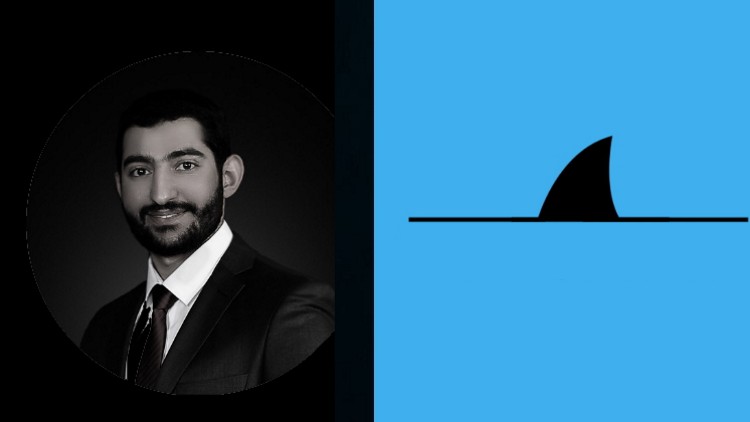WireShark for Ethical Hacking
Learn Wireshark Step By Step and land your first Job.
What you’ll learn
WireShark for Ethical Hacking
- What is Wireshark and why should you learn it?
- Basics of Computer Networking
- OSI model
- WireShark Filters
- Capture Passwords using Wireshark?
- Wireshark Uses In Real World
Requirements
-
Patience and eagerness to learn!
Description
What is Wireshark?
Wireshark is a free and open-source packet analyzer. It is used for network troubleshooting, analysis, software and communications protocol development, and education. Originally named Ethereal, the project was renamed Wireshark in May 2006 due to trademark issues.
What is ethical hacking?
Ethical hacking involves an authorized attempt to gain unauthorized access to a computer system, application, or data. Carrying out an ethical hack involves duplicating the strategies and actions of malicious attackers. This practice helps to identify security vulnerabilities which can then be resolved before a malicious attacker has the opportunity to exploit them.
Also known as “white hats,” ethical hackers are security experts that perform these assessments. The proactive work they do helps to improve an organization’s security posture. With prior approval from the organization or owner of the IT asset, the mission of ethical hacking is the opposite of malicious hacking.
How are ethical hackers different than malicious hackers?
Ethical hackers use their knowledge to secure and improve the technology of organizations. They provide an essential service to these organizations by looking for vulnerabilities that can lead to a security breach.
An ethical hacker reports the identified vulnerabilities to the organization. Additionally, they provide remediation advice. In many cases, with the organization’s consent, the ethical hacker performs a re-test to ensure the vulnerabilities are fully resolved.
Malicious hackers intend to gain unauthorized access to a resource (the more sensitive the better) for financial gain or personal recognition. Some malicious hackers deface websites or crash backend servers for fun, reputation damage, or to cause financial loss. The methods used and vulnerabilities found remain unreported. They aren’t concerned with improving the organization’s security posture.
Who this course is for:
- Cyber Security Engineers
- Ethical Hackers
- DevSecOps engineers
- System and Network Administrators











Add Comment